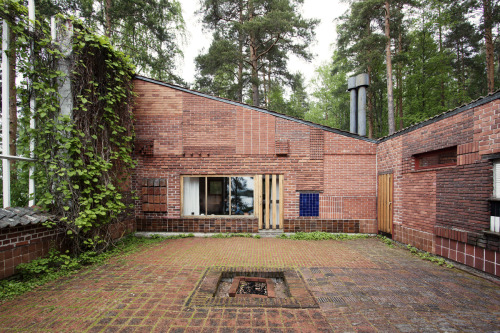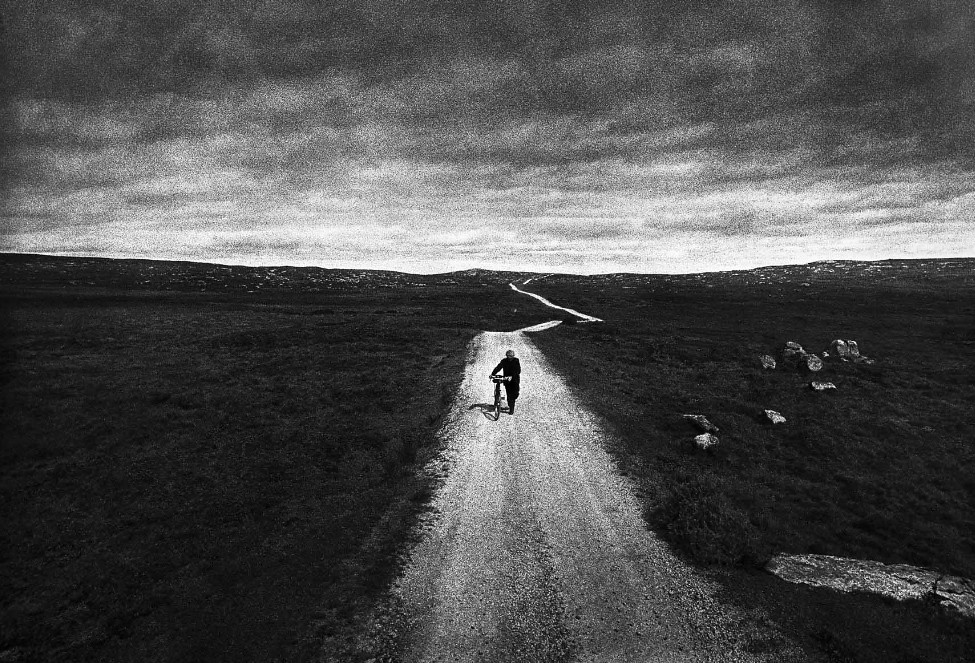TWO DIALOGUES
Weiss and Manfredi.

In 1990, a stoke robbed Swedish poet Tomas Tranströmer of the movement of his right side, and most of his speech. Passing into this new phase of his life, Tranströmer continued to write poems capturing the rhythm of the Swedish seasons, the atmospheres of nature, and the passages of grief. In 2011, he was awarded the Nobel Prize in Literature for his work, which is praised for its accessibility.
A magnificent pianist, since his stroke, many composers have produced left-hand only pieces specifically for Tomas to enjoy. He plays often, and listens often, seeing the music as a way to regain joy and hope in his life. The support he receives in life and in work, from his relationship with his wife Monica, is quite beautiful. Always a quite, supportive guide, since Tomas' stroke Monica has become a key part of the writing and reading process, such that the newer poems are guided by both their hands.
Knowing what it means to be himself - to write, to read, to enjoy music - is a testament to Tomas' fortitude of character. Doing the things which make you feel like you - however difficult they might become - defines your life with such beautiful clarify.
Tomas Tranströmer from Neil Astley on Vimeo.
Tomas Tranströmer from Neil Astley on Vimeo

Muuratsalo Experimental House
Alvar Aalto. Muuratsalo, Finland. 1953.
 |